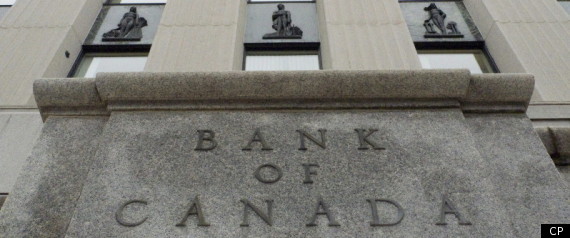 THE CANADIAN PRESS -- OTTAWA - When April's gross domestic product report is released on Thursday, it will all but certainly confirm that Canada's economy has stalled.
THE CANADIAN PRESS -- OTTAWA - When April's gross domestic product report is released on Thursday, it will all but certainly confirm that Canada's economy has stalled.But while the majority of economists will put down the downturn to temporary factors like Japan and bad weather, there is also a gnawing concern that it could represent a longer-term problem. Even the dreaded double-dip is no longer something that can be ruled out confidently.
Thursday's gross domestic product report from Statistics Canada is widely expected to show a rare result for the country since the end of the recession two years ago, an off-month when the economy actually contracted.
The consensus of economists has GDP retracing a slight 0.1 per cent in April, the first month of the current quarter which ends June 30.
Almost all the indicators so far published point to a negative result, although extraordinary and temporary factors were in play, including April showers that kept construction crews idle and shoppers at home, and Japan's natural disasters that disrupted supply lines to Ontario's Japanese car plants.
But while that is somewhat disconcerting following a first quarter acceleration of 3.9 per cent -- the third best of the recovery period -- the real measure is what happens next.
The Bank of Canada and many private sector analysts have the economy suffering through a slowdown for one quarter, then accelerating again before settling at a growth rate of about two per cent in 2013.
While nothing remarkable, most economists would gladly take such an undramatic outcome. The trouble is, drama is in the air.
"You will see a lot of excuses Thursday about April," says Benjamin Tal, deputy chief economist with CIBC World Markets.
"People will say, 'Oh, don't worry about it, it's just the weather.' The other story is that we are in a really soft period reflecting a very weak American economy and some softness in here in Canada. (But) The fact is we are in a very modest recovery and that's an understatement."
In a new report Tuesday, forecasters Capital Economics see GDP going declining each quarter until the end of 2012, averaging 1.5 per cent next year. Meanwhile, it predicts Canada's unemployment rate will rise from the current 7.4 per cent to 8.2 by the end of next year.
Full Article
Source: Huffington
No comments:
Post a Comment